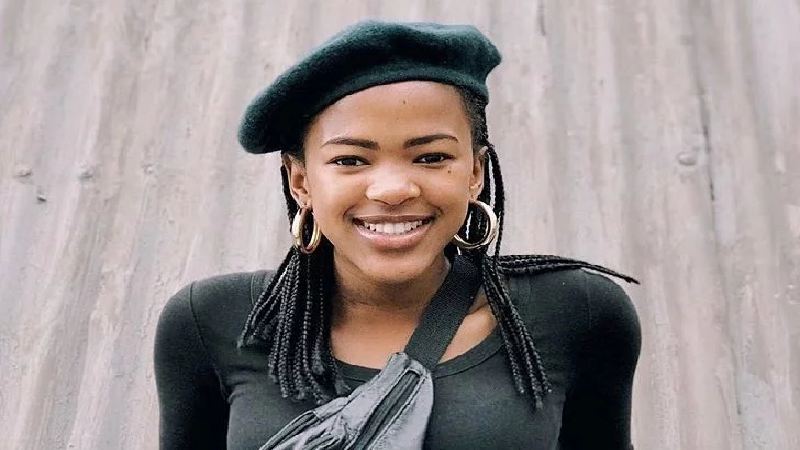By Loushe Jordaan Gilbert
South Africans had nothing to celebrate in Women’s Month and the country has reached a crisis point in terms of gender-based violence. So says executive Director of Masimanyane Rights International, Dr Lesley Ann Foster, in the wake of several highly publicised cases of women who were either raped, abducted or killed, leaving South African women in a state of fear and trauma.
Over the weekend, two promising 19-year-old university students were the latest victims of murder. Theology student Jesse Hess was found dead in her home in Parow and Uyinene Mrwetyana was raped and murdered at Claremont Post Office – a few meters away from the police station. Uyinene’s perpetrator, a post office employee, has been charged and appeared in court on Monday.
“It has not been such a great month, especially not for our mothers, sisters and daughters. In fact it was a devasting month as so many cases of rape, abduction and murder were reported every minute of the day,” she said.
Foster stressed that issues related to gender-based violence are not prioritised enough in South Africa.
“There is a devastating and serious issue and we are failing our females because we are not responding to it in a way that really alleviates the problem or addressing the issue at hand,” she added.
Foster said for over twenty years, there have been talks to engage men about the seriousness of gender-based violence, however that is not enough. She said that government and civil society should do more to address the issue instead of having awareness campaigns hosted by angry citizens, which seem to fall on deaf ears.
“There are many talks about engaging men, but how do we actually do that. Residents embark on shutdowns, marches, pickets and vigil to express their concerns and raise awareness, but that on its own is very superficial, we as government and civil groups have to sit down and find the best possible way to address the issue and reduce the crime plaguing our country,” she stressed.
Co-Executive Director at Sonke Gender Justice Bafana Kumalo said South Africa is facing a national crisis while no one is being held accountable for their actions
“This is a national crisis yet so many people seem to be making excuses and government is dilly-dallying not really doing much to hold men accountable. These are not senseless killings but rather brutal murders and the more excuses we make, the less justice we see. This will not end until our top leaders, which include government and ministers, respond to this type of violence in a correct way. It is high time that the needs of women are prioritised and we need to talk a stern stance when it comes to holding perpetrators to account,” he urged.
Kumalo said there seems to be a lack of urgency regarding this issue while women continue to die.
Commenting on the case against the 42-year-old man arrested in connection with the disappearance of Mrwetyana, Kumalo said it is a clear indication of how the legal system is failing South Africans.
“We need to hold government accountable, why was he employed by the Post Office in the first place when he has a criminal record and why are there no cameras at the Post Office that can be used to get justice for this girl,” he questioned.
Meanwhile Foster said the question is not why the suspect was working at the Post Office but rather why females should be living in fear, hoping that they are not the next person making news headlines.
“I spoke to a few UCT students last night and all of them said the same thing. These kids live in fear, we need to up safety and security measures at any governmental institution,” she added.
“This issue goes deeper than what we think, we need to look at this in a broader context. Factors such as corruption, fraud, a lack of confidence in the justice system, poverty and unemployment cannot be delinked from the scourge of violence our country is facing.”
Media
Foster said the media plays a fundamental role in how women are portrayed.
“Media become complicit in how messages are relayed to the broader community. They are also responsible for making women look weak and vulnerable, perpetuating that woman have less rights than men,” she said.
When asked what women can do to protect themselves, a frustrated Foster said it should not be a case of what women should do, instead, it should have been a case of how men can protest women from violent crimes.
Social media users have since requested that the death penalty be reinstated, however, Foster said this would not be a suitable solution.
“There is no room for the death penalty, it goes against the human rights, values and principles we want to put forward. Using violence to reduce violence never worked and it never will,” she said.
VOC






 WhatsApp us
WhatsApp us 

